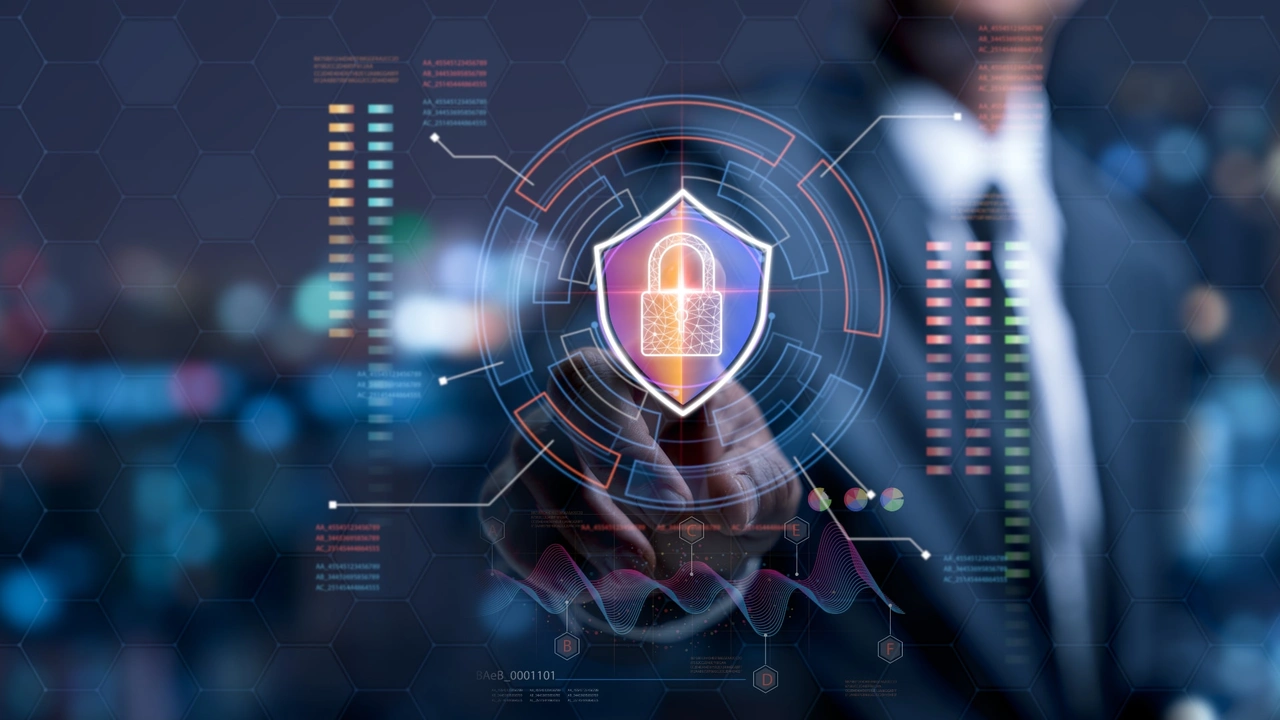
Incident Response Analyst Chennai
Incident Response Analysts: The First Line of Defense Against Cyber Threats
In today’s fast-paced digital world, cybersecurity incidents are not a matter of "if," but "when." Organizations must be prepared to respond quickly and effectively to limit the damage from attacks. This crucial responsibility falls on the shoulders of Incident Response Analysts — the specialists who stand at the frontlines of cyber defense.
At Sharaa Group, we understand how vital skilled Incident Response professionals are to modern businesses. In this blog post, we explore the importance of Incident Response Analysts, their key roles, and how we help companies build resilient cybersecurity teams.
Who is an Incident Response Analyst?
An Incident Response Analyst is a cybersecurity professional responsible for identifying, investigating, and responding to security incidents such as data breaches, malware attacks, ransomware threats, and system intrusions.
Their main objective is to minimize the impact of security incidents by:
-
Detecting and analyzing potential threats,
-
Responding to contain and mitigate damage,
-
Recovering systems, and
-
Reporting findings to prevent future attacks.
In short, Incident Response Analysts act swiftly to stop cyber threats before they escalate into major disasters.
Why Incident Response is Essential
As cyberattacks grow in frequency, sophistication, and cost, having an incident response team is not optional — it's essential.
Here’s why Incident Response Analysts are critical:
-
Minimizing Damage
Fast, effective response can drastically reduce the financial and reputational damage from cyber incidents. -
Ensuring Business Continuity
Quick recovery after an attack allows businesses to continue operations with minimal downtime. -
Meeting Compliance Requirements
Regulations such as GDPR, HIPAA, and PCI-DSS require organizations to have incident response capabilities. -
Enhancing Customer Trust
Organizations that handle breaches transparently and efficiently retain greater customer confidence. -
Learning from Attacks
Incident Response Analysts help organizations understand how breaches occurred and how to prevent similar incidents.
Core Responsibilities of an Incident Response Analyst
Incident Response Analysts have a wide range of duties, often working under intense pressure. Their key responsibilities include:
-
Monitoring security alerts and logs for suspicious activity
-
Investigating security incidents to determine scope and impact
-
Executing incident response plans and procedures
-
Collecting and analyzing forensic evidence
-
Containing threats and preventing escalation
-
Coordinating with IT and legal teams during incidents
-
Writing detailed incident reports and recommending remediation steps
-
Contributing to post-incident reviews and improvements
In large organizations, they often work within a Security Operations Center (SOC), collaborating with threat hunters, forensic experts, and security engineers.
Essential Skills and Tools for Incident Response Analysts
At Sharaa Group when we match companies with Incident Response professionals, we prioritize candidates who have a unique blend of technical expertise, analytical thinking, and calmness under pressure.
Key skills include:
-
Strong understanding of networking, operating systems (Windows, Linux), and cybersecurity fundamentals
-
Experience with incident detection and response frameworks (e.g., NIST, SANS)
-
Familiarity with SIEM tools (e.g., Splunk, QRadar, ArcSight)
-
Knowledge of malware analysis, threat hunting, and digital forensics
-
Ability to work in high-stress environments and make quick decisions
-
Strong communication skills for reporting and collaborating with teams
Common certifications for Incident Response Analysts:
-
Certified Incident Handler (GCIH)
-
Certified Computer Forensics Examiner (CCFE)
-
Certified Ethical Hacker (CEH)
-
Certified Information Systems Security Professional (CISSP)
Industries That Need Incident Response Analysts
Virtually every industry that handles data is vulnerable to cyberattacks and needs skilled incident response teams. These include:
-
Financial Services and Banking
-
Healthcare and Life Sciences
-
Technology and Cloud Services
-
Retail and E-commerce
-
Government and Public Sector
-
Energy and Utilities
-
Manufacturing and Logistics
Organizations in critical infrastructure sectors are especially proactive in building strong incident response capabilities.
How Sharaa Group Helps You Build a Strong Incident Response Team
At Sharaa Group, we specialize in identifying and delivering cybersecurity talent that matches the unique needs of our clients.
We offer:
-
Targeted Talent Acquisition: Finding Incident Response Analysts with the right mix of technical expertise and real-world experience.
-
Custom Workforce Solutions: Tailoring our sourcing strategies based on your organization’s size, industry, and cybersecurity maturity.
-
Consultative Support: Advising on best practices for building, scaling, and training incident response teams.
-
Ongoing Training Support: Helping clients keep their teams updated on the latest threats, tactics, and tools.
Whether you’re building a new response team or strengthening an existing one, Sharaa Group ensures you have the right professionals to defend your business.
Conclusion
Cybersecurity incidents are inevitable — but disaster is not. Incident Response Analysts are the first responders who contain damage, recover systems, and protect business continuity.

